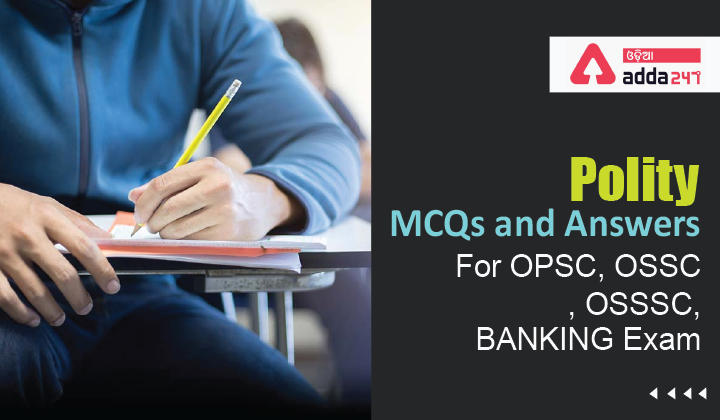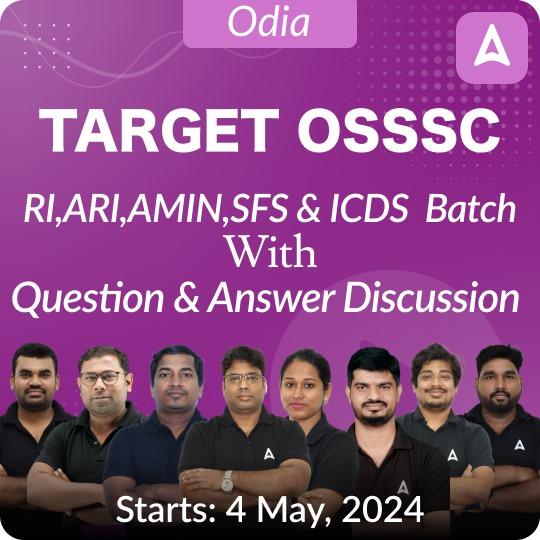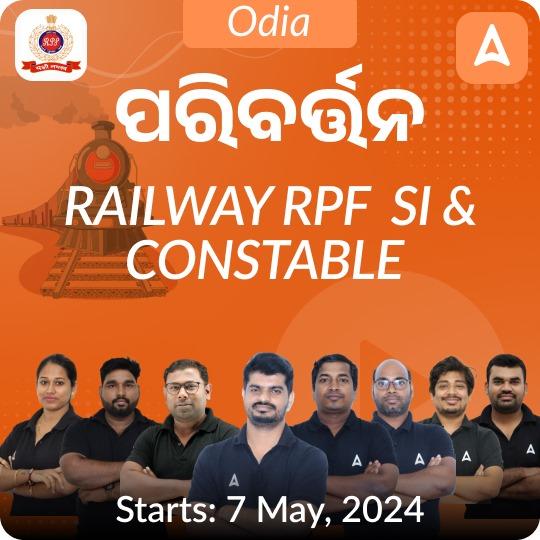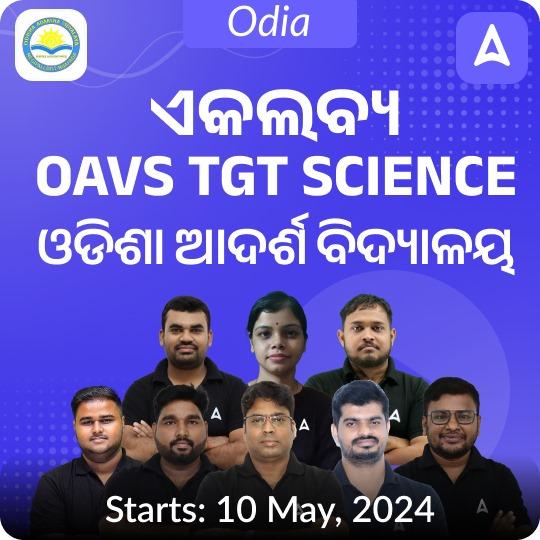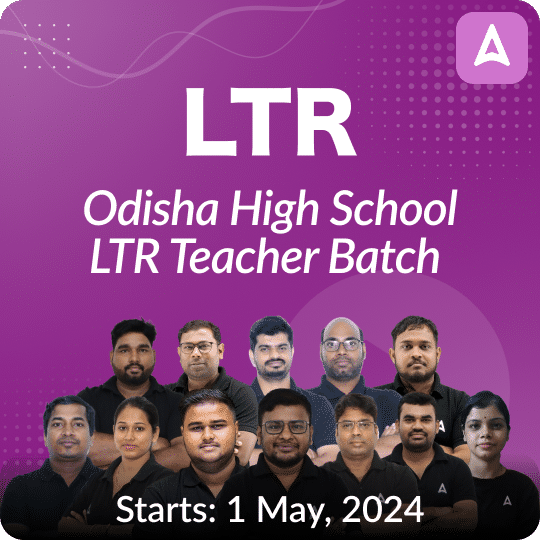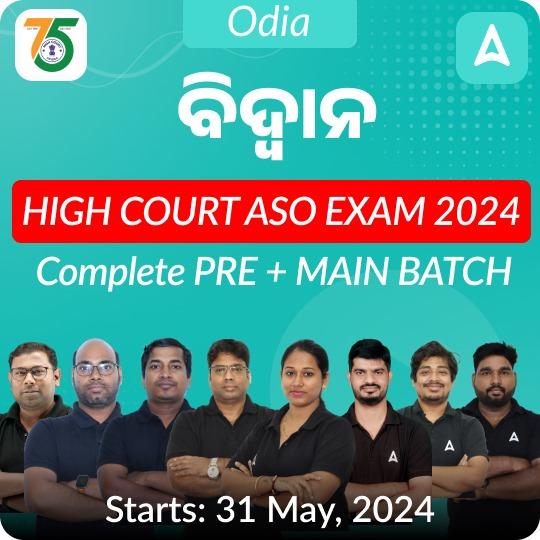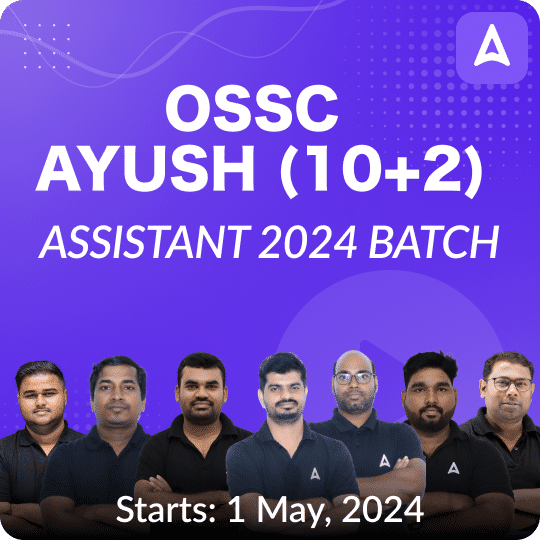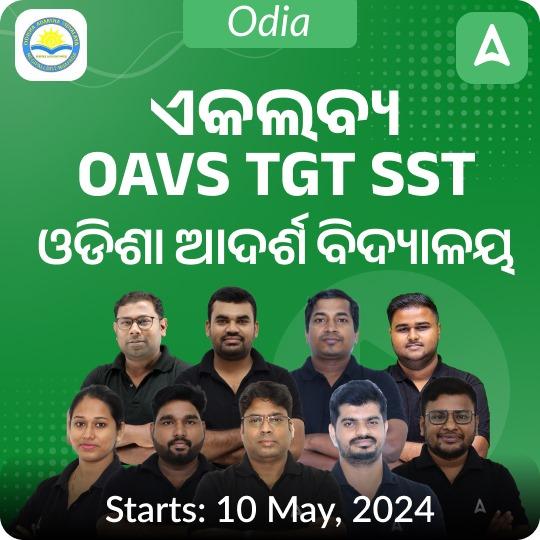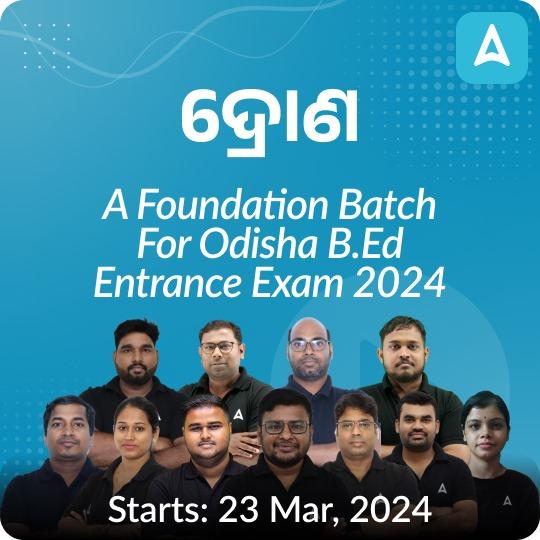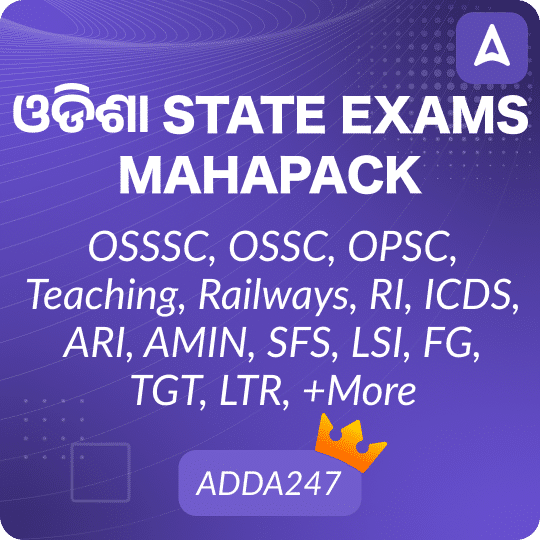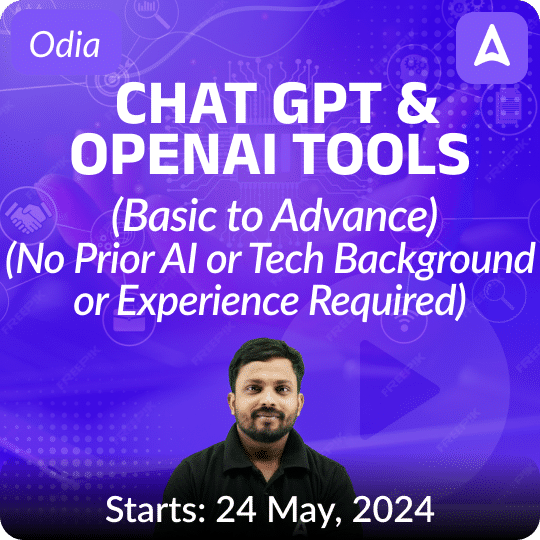Polity MCQs and Answers: Polity MCQs are very important for OPSC, OSSC, OSSSC & Other State Exams. Aspirants who are willing to apply for the various Government exams 2022 must go through the topics of Polity for competitive exams, as Polity is a key part of the syllabus.
Q1.Which Constitutional Article define `Municipalities’—
(a) Article 243P
(b) Article 243S
(c) Article 243T
(d) Article 343U
S1.Ans.(a)
Sol. ‘Municipality’ means an institution of self-government constituted under Article 243P.
Q2. Which one of the following is not a political Right?
(a) Right to own property
(b) Right to Vote
(c) Right to criticize the government
(d) Right to file a petition
S2. Ans.(a)
Sol. Political rights include natural justice (procedural fairness) in law, such as the rights of the accused, including the right to a fair trial; due process; the right to seek redress or a legal remedy; and rights of participation in civil society and politics such as freedom of association, the right to assemble, the right to petition, the right of self-defense, right to criticize a government and the right to vote.
Right to own property is an Economic Right.
The right to property, or the right to own property is often classified as a human right.
Q3. According to the provisions of the Child Labour (Prohibition and Regulation) Act, 1986, a child is a person who has not completed
(a) 16 years of age
(b) 18 years of age
(c) 14 years of age
(d) 21 years of age
S3. Ans.(c)
Sol. According to the provisions of the Child Labour (Prohibition and Regulation) Act, 1986, a child is a person who has not completed 14 years of age.
This actaims to eradicate any kind of child abuse in the form of employment and prohibit the engagement of children in any kind of hazardous employment, who have not completed 14 years of age.
Q4.Who is the new Prime Minister of Kazakhstan?
(a) AlikhanSmailov
(b) KassymJomartTokayev
(c) LeondiosKostrikis
(d) José Daniel Ortega Saavedra
S4. Ans.(a)
Sol. The parliament of Kazakhstan has unanimously approved the appointment of AlikhanSmailov as the new Prime Minister of the country.
Q5. Which of the following schemes is aimed at helping accelerate the uptake of broadband internet services?
(a) PM Wani
(b) PM Internet
(c) PM Broadband
(d) None of these
S5. Ans.(a)
Sol. PM Wani is Launched to provide free internet network with better connectivity to improve digital India.
Q6.Which of the following is not considered a Democracy?
(a) USA
(b) Norway
(c) India
(d) China
S6.Ans.(d)
Sol. Four divisions, the legislative, executive, judiciary, and military, comprise the Communist Government of the People’s Republic of China.
Q7.The convention that “once a speaker always a speaker” is followed in-
(a) UK
(b) USA
(c) France
(d) India
S7.Ans.(a)
Sol. In UK once elected, a Speaker continues in office until the dissolution of Parliament, unless he or she resigns prior to this. Customarily, the House re-elects Speakers who desire to continue in office for more than one term.
Q8.From where did India adopted the federal system with a strong centre?
(a) United States of America
(b) Canada
(c) United Kingdom
(d) France
S8.Ans.(b)
Sol. The Federal System with Strong Centre has been borrowed by the Indian Constitution from Canada.
Q9. ‘SarvaShikshaAbhiyan’ is a government programme aimed at the universalization of elementary education mandated by which amendment ?
(a) 84th
(b) 85th
(c) 86th
(d) 87th
S9. Ans.(c)
Sol.86th Amendment:”21A. The State shall provide free and compulsory education to all children of the age of six to fourteen years in such manner as the State may, by law, determine.”

Q10. The idea of the Directive Principles of state policy in the Indian Constitution has been taken from the Constitution of
(a)Ireland
(b)Canada
(c)South Africa
(d)Australia
S10. Ans.(a)
Sol. The concept of DPSP emerged from Article 45 of the Irish Constitution.
The Directive Principles of State Policy of India are the guidelines or principles given to the institutes for governing the State of India.
These are provided in Part IV of the Indian Constitution under Article 36-51.
Q11. Which Article of Indian Constitution is related with the Protection of the interests of the minorities?
(a)Article 17
(b)Article 29
(c)Article 30
(d)Article 31
S11. Ans.(c)
Sol. The Cultural and Educational rights, given in Articles 29 and 30, are measures to protect the rights of cultural, linguistic and religious minorities, by enabling them to conserve their heritage and protecting them against discrimination.
Article 30 confers upon the rights of all religious and linguistic minorities.
Q12. Who among the following was a non-congress member of the Constituent Assembly?
(a)J.B. Kripalani
(b)Dr. B.R. Ambedkar
(c)K.M. Munshi
(d)T.T. Krishnamachari
S12. Ans.(b)
Sol. B R Ambedkar was a Non Congress member of Constituent Assembly.
He never joined Congress and was never part of Congress party.
Q13. Sixth Schedule of the Indian Constitution provides special administrative provisions in regard to the tribal areas of
(a)Assam, Meghalaya, Tripura and Mizoram
(b)Meghalaya, Assam, Nagaland and Manipur
(c)Tripura, Manipur, Mizoram and Meghalaya
(d)Arunanchal Pradesh, Nagaland, Assam and Tripura
S13. Ans.(a)
Sol. The Sixth Schedule of the Constitution of India allows for the formation of autonomous administrative divisions which have been given autonomy within their respective states.
Presently, 10 Autonomous Councils in Assam, Meghalaya, Mizoram and Tripura are formed by virtue of the Sixth Schedule.
Q14. In the Constitution of India, promotion of international peace & security is included in the
(a) Directive Principles of State Policy
(b) Preamble to the Constitution
(c) Fundamental Duties
(d) Ninth Schedule
S14. Ans.(a)
Sol. Promotion of international peace & security is included in the Directive Principles of State Policyunder Article 51 of constitution.
It describes to promote international peace & security & maintain just an honourable relations between nations; to foster respect for international law & treaty obligations, & to encourage settlements of international disputes by arbitration.
Q15. Article 1 of the Constitution declares India as—
(a) Federal State
(b) Quasi-Federal State
(c) Unitary State
(d) Union of States
S15. Ans.(d)
Sol.
Article 1 in the Constitution states that India, that is Bharat, shall be a Union of States. The territory of India shall consist of: The territories of the states, The Union territories and Any territory that may be acquired.
READ MORE
Economics MCQs and Answers For OPSC, OSSC, OSSSC, BANKING Exam
Mathematics MCQs and Answers For OPSC, OSSC, OSSSC, BANKING Exam
Polity MCQs and Answers For OPSC, OSSC, OSSSC, BANKING Exam
English MCQs and Answers For OPSC, OSSC, OSSSC, BANKING Exam
Geography MCQs and Answers For OPSC, OSSC, OSSSC Exam
IBPS RRB PO-Clerk Prelims Reasoning Quiz| 9th July 2022

